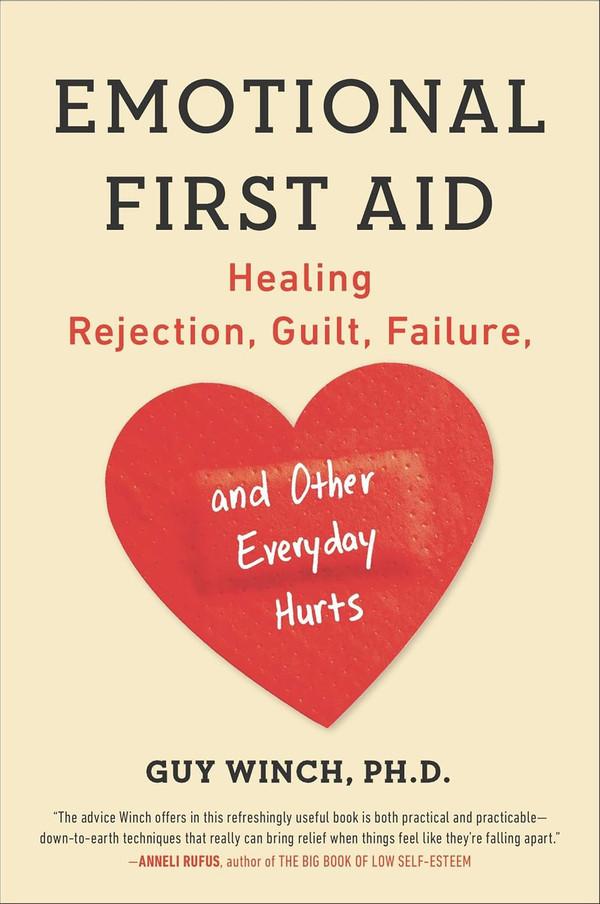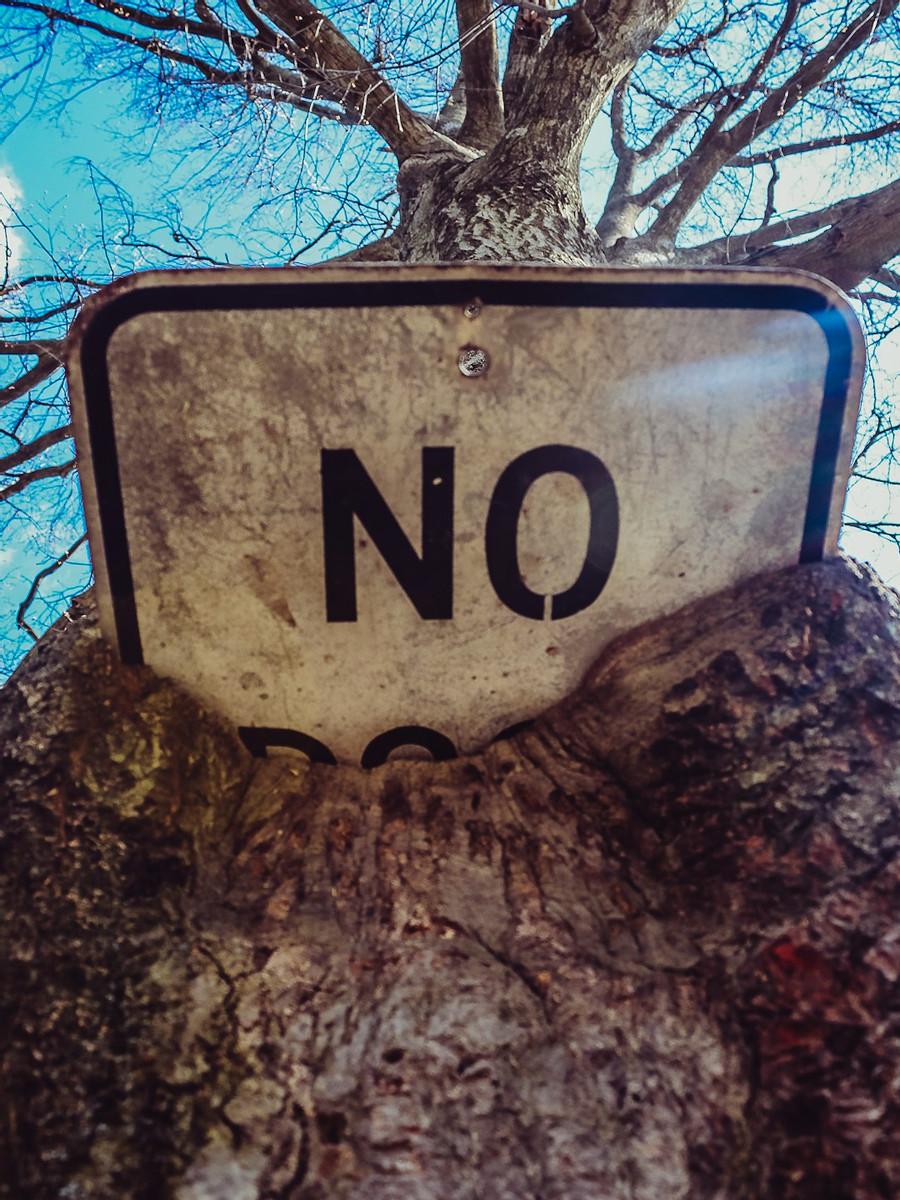Leo 's Key Ideas from Emotional First Aid
by Guy Winch
Ideas, facts & insights covering these topics:
25 ideas
·13.7K reads
67
6
Explore the World's Best Ideas
Join today and uncover 100+ curated journeys from 50+ topics. Unlock access to our mobile app with extensive features.
Ask a ten-year-old what you should do if you catch a cold and the child would immediately recommend getting into bed and drinking chicken soup. Children also know that if you break a bone in your leg you need to get a cast on it so it mends correctly.
But ask an adult what you should do to ease the sharp pain of rejection, the devastating ache of loneliness, or the bitter disappointment of failure and the person would know little about how to treat these common psychological injuries.
GUY WINCH
127
1.26K reads
The Medicine Cabinet
- While in every house we have a medicine cabinet full of stuff for treating basic physical illnesses, we have no such toolkit for the minor psychological injuries we sustain in daily life.
- Consequently, we do little to treat the small psychological wounds we experience daily, neglecting them until they become severe enough to impair our functioning.
- Applying emotional first aid to such injuries can prevent many of them from affecting our mental health and emotional wellbeing.
123
1.01K reads
119
1.09K reads
Rejection
The Emotional Cuts and Scrapes of Daily Life
It's the most common emotional wound, and some are so severe they create deep cuts. Also, we tend to always underestimate its pain: but, if untreated, it could affect thinking and erode self-esteem. And it rejects reason and logic.
121
971 reads
Rejection: Wounds
Rejections can cause 4 different psychological wounds:
- Emotional pain based on evolutionary past, as we are social animals.
- Anger and aggressive behaviours towards others and ourselves.
- Damaged self-esteem, carried on by extreme self-criticism and the tendency to draw conclusions.
- Threatening out need to belong.
122
904 reads
Rejection: Exercises
- Argue with Self-Criticism with suitable counterarguments; useful as thoughts arise, or as a written exercise.
- Revive your Self-Worth by writing a list of your traits you highly value, and explain why they're important to you.
- Replenish feelings of social connection by being involved in new social groups, or setting up social snacks: photos, reminders of significant emotional connection.
133
805 reads
Loneliness
Relationship Muscle Weakness
In the era of connection, we are more lonely than ever. It's not the quantity of relationships, but their quality.
Chronic loneliness has an effect on healt similar to cigarette smoking! And it's contagious!
Loneliness causes us to become too self-critical, and behave in self-defeating ways, in a vicious cycle.
120
714 reads
Loneliness: Wounds
The psychological wounds are:
- Painful misperception, with a more negative assessment of our social network and self-worth.
- Self-defeating prophecies, as self-protection and avoidance will push away people we hope to engage.
- Atrophied relationship muscles, as we stop exercising the skill set required for healthy relationships, and we forget how to do It.
123
657 reads
Loneliness: Exercises
- Challenge Negative Perceptions by purposefully visualizing realistic success scenarios, not jumping at conclusions, and taking action actively.
- Identify Self-Defeating Behaviours by stopping and reflecting mindfully on our ways of interaction.
- Take Other Person's Perspective, not just focusing on our POV or thinking we already know what the other person thinks.
- Deepen Emotional Bonds by improving empathy, taking other person's perspective, understanding the context, and communicating carefully.
- Create Opportunities for Social Connection, volunteering, using internet...
- Adopt Animals.
128
603 reads
Loss And Trauma
Walking in Broken
Loss and trauma are inevitable parts of life. Most of them have only short term effects, however the same loss can have different meanings to different people.
We all face similar challenges when it comes to recovery, reset and go back to full functionality
116
518 reads
Loss And Trauma: Wounds
There are four psychological wounds:
- Life interrupted: we face a series of new "firsts" without the lost person, or after the trauma, each of them evoking memories and pain.
- Identity interrupted: a new reality must be accepted, a redefinition of ourselves.
- Beliefs interrupted: our struggle to make sense of what happened may result in a "crisis of faith".
- Relationships interrupted: many of us respond to loss by withdrawing into ourselves.
123
469 reads
Loss And Trauma: Exercises
- Soothing Emotional Pain following our Natural inclinations, sharing thoughts or feelings at our own pace.
- Recovering Lost Aspects of Self, overcoming avoidance of situations and interactions that were a significant aspect of our lives, but that could remind of the trauma or loss. Explore this in writing, listing your qualities and characteristics and abilities you valued in yourself, and trying to follow up on them.
- Finding Meaning in Tragedy, in two steps: sense making first, benefit finding then. Think of Why the thing happened, not How. Think of What might have been.
123
421 reads
Guilt
The Poison in Our System
Guilt is a useful feeling, as it helps us maintain our individual standards of behavior, and protects our most valued relationships.
But when it gets too much, not proportional to the "wrong" action, and persistent - it becomes a psychological villain.
Unhealthy guilt occurs typically in our relationships, in 3 primary forms:
- Unresolved guilt, when we're unable to properly apologize.
- Survivor guilt, without a clear wrongdoing, even just for being luckier than others.
- Separation/disloyalty guilt, about moving forward with life and leaving others behind.
120
417 reads
Guilt: Wounds
It's urgent to treat unresolved or eccessive guilt, as it ends up making us condemn not only our actions but our entire selves, leading to self-loathing and low self-esteem.
There are 2 types of wounds:
- Self-Condemnation, preventing us from feeling good anymore, killing joy in our lives, sometimes leading to self-sabotaging.
- Blocked Relationships, as guilt impacts our behavior around the other person, and often affects others' behaviors as well. And we end up avoiding those painful interactions.
120
369 reads
Guilt: Exercises
- Effectively Apologize, with 3 basic ingredients: a statement of regret; a clear "I'm Sorry" part; a request for forgiveness. Validate the other person's feelings, listening and trying to change your perspective. Offer compensation. Acknowledge that you violated norms and expectations.
- Forgive Yourself: rethink about the event, as realistically as possible, removing judgements and excuses. Summarize the harm to the other person. Then, think about your original intentions. Any extenuating circumstance. Try to change to avoid repeating the errore.
- Reengage in Life.
123
380 reads
Rumination
Picking at Emotional Scabs
When we face painful experiences, we typically reflect on them, hoping to understand and move on. Sometimes, however, we end up trapped in rumination, replaying the same event forever in our mind. Running endlessly but getting nowhere. And only negative experiences trigger this rumination.
Rumination deepens the emotional distress linked to the event, and it's also linked to depression, stress and cardiovascular disease, eating disorders
120
369 reads
Rumination: Wounds
There are 4 psychological wounds caused by rumination:
- Supersizing Our Misery. Rumination leads to sadness and being upset, and sadness and being upset lead to rumination, in a loop.
- Anger Inflation, as such loops can be caused also by anger. And, in these cases, they often have consequences on our relationships and interactions.
- Cognitive Leakage, as rumination consumes large amounts of our mental energies, impairing attention, focus, problem-solving abilities, and motivation.
- Strained Relationships, as rumination will have effects especially on the closer ones.
121
341 reads
Rumination: Exercises
We must interrupt the rumination cycle.
- Change Your Perspective: think of the events from an external POV, and focus on the why, more than on the how it happened.
- Distract Yourself from Emotional Pain by engaging in absorbing tasks. Even small ones like a sudoku.
- Reframe the Anger, interpreting what happened in a positive way - looking for the good consequences. It also works with sadness and other emotions.
- Go Easy on Your Friends, to preserve the relationships from overburdening. Don't discuss the same thing forever.
126
318 reads
Failure
How Emotional Chest Colds Become Psychological Pneumonia
We face failure thousands of times in our life, it's not avoidable. The difference is in our reaction: we may give up too quickly; we may become frozen, passive and helpless; we may become so stressed that we can't think straight; we may keep trying until we succeed.
How we deal with failure is crucial to our success and well-being in life.
119
305 reads
Failure: Wounds
Many of our failures cause unnecessary psychological damage, because we don't treat them properly. Three are the wounds:
- Shrinking Self-esteem: failure can make our goals seems larger and more difficult, while making us feel "smaller" as well. And typically we overgeneralize these thoughts. And this makes us hypersensitive to future failures!
- Passivity and Helplessness: the more negative our assumptions about us, the less motivated we'll be.
- Performance Pressure, leading to anxiety, distraction and self-sabotaging.
120
291 reads
Failure: Exercises
- Get Support and Get Real, looking for both emotional support and critical and realistic Outlook. Failure is a great teacher, provides new opportunities, can make us stronger...
- Regain Control, defining realistic and specific goals, intermediate steps, timeframes; think of obstacles and solutions.
- Take Responsibility and own anxiety and fear by talking (or writing, or joking!) about them.
- Distract Yourself from Performance Pressure. How? Whistle. Or mumble. While you're under pressure.
124
301 reads
Low Self-esteem
Weak Emotional Immune System.
Self-esteem includes both general self-worth and how we feel about ourselves in specific domains of our lives - and the impact of the second one on the first depends critically on how important we consider that domain.
Low self-esteem makes us more vulnerable to other psychological wounds, like failure and rejection. Further, with low self-esteem come worse moods, pessimism, lack of motivation, dissatisfaction.
However, the target is the average: too high self-esteem (narcissism) is a problem as well.
119
299 reads
Low Self-esteem: Wounds
There are 3 wounds that come with low self-esteem:
- Ego Under Siege: it makes us more vulnerable to (and less able to adapt to and overcome) failure, rejection, anxiety, stress, depression...
- No Dessert for Me: it prevents us from engaging to positive experiences and information and feedback that would improve our self-esteem! Feeling unworthy becomes our identity, comfortable.
- Chronic Backbone Pain: it makes us feel insecure and disempowered, and unable to stand up for ourselves and have boundaries.
122
303 reads
Low Self-esteem: Exercises
- Adopt Self-Compassion: take an event that caused self-criticism; imagine it happened to a dear one; think of how you would talk to that person.
- Identify Your Strenghts and affirm them, even if unrelated to the problematic situation! Make a list and write a paragraph about all of them.
- Increase Tolerance for Compliments, by reminding yourself of past times when you received one, describing the situation in detail.
- Increase Personal Empowerment by acting assertively to change things in fields of your life that make you frustrated (start small).
- Strenghten Self-Control.
128
287 reads
Conclusion
Create your own personal psychological medicine cabinet, to overcome the little wounds life offers us daily.
115
357 reads
IDEAS CURATED BY
CURATOR'S NOTE
Guy Winch offers great insights in our psychological processes, and gives suggestions to overcome the pain.
“
Different Perspectives Curated by Others from Emotional First Aid
Curious about different takes? Check out our book page to explore multiple unique summaries written by Deepstash curators:
1 idea
anka bila's Key Ideas from Emotional First Aid
Guy Winch, Ph.D.
Discover Key Ideas from Books on Similar Topics
7 ideas
Loneliness
Kurzgesagt – In a Nutshell
12 ideas
We Were Dreamers
Simu Liu
4 ideas
ADHD and Anger: Why You Struggle To Control It?
The Mini ADHD Coach
Read & Learn
20x Faster
without
deepstash
with
deepstash
with
deepstash
Personalized microlearning
—
100+ Learning Journeys
—
Access to 200,000+ ideas
—
Access to the mobile app
—
Unlimited idea saving
—
—
Unlimited history
—
—
Unlimited listening to ideas
—
—
Downloading & offline access
—
—
Supercharge your mind with one idea per day
Enter your email and spend 1 minute every day to learn something new.
I agree to receive email updates










